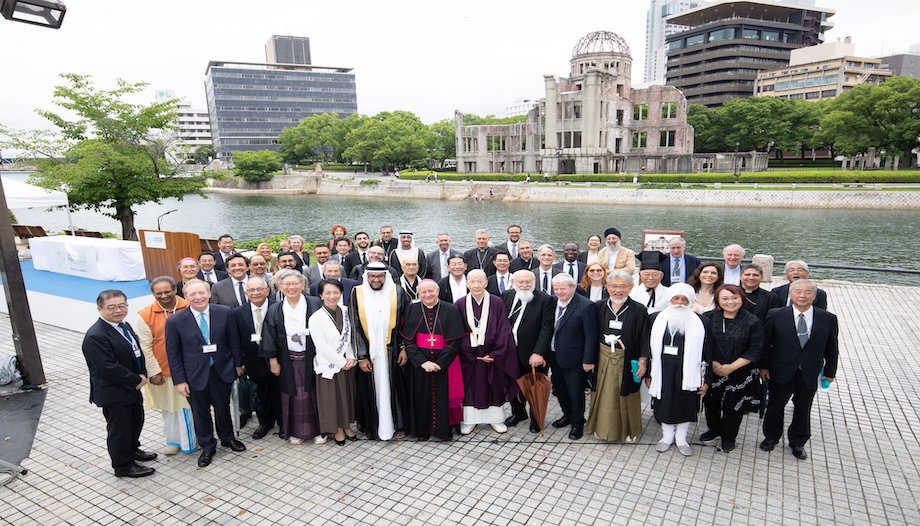On July 9 and 10, several representatives of religions from all over the world met at HiroshimaJapan, in an event that aims to promote a genuine commitment to the pursuit of peace through the signing of the document "Rome Call for AI Ethics".
The event was initiated by the Pontifical Academy for Life, Religions for Peace Japan, the Peace Forum of the United Arab Emirates and the Commission for Interfaith Relations of the Chief Rabbinate of Israel. By signing the document, influential people from all over the world and from various fields commit themselves to fostering a sense of responsibility in the development of the Artificial Intelligence.
During the first day of the event, attendees heard presentations not only on the ethics of using Artificial Intelligence, but also on scientific, technological and legislative developments. Among the personalities who spoke in the sessions were Microsoft President Brad Smith and Amandeep Singh Gill, Technology Envoy of the Secretary General of the United Nations.
Interfaith cooperation
On the other hand, on the 10th, the signing of the document took place. The President of the Pontifical Academy for Life, Archbishop Paglia, highlighted the importance of this event saying that "all religions are called to work together for the good of humanity".
Yoshiharu Tomatsu, secretary of "Religions for Peace Japan", said that the challenges that come with the development of Artificial Intelligence move them to commit to "promote inclusiveness and mutual respect for everyone".
For his part, Shaykh Abdallah Bin Bayyah, Chairman of the UAE Peace Forum, stressed that "cooperation, solidarity and working together are necessary to deal with developments in Artificial Intelligence, where interests, dangers and benefits are mixed, to ensure that systems and products are not merely advanced, but also morally correct."
The representative of the Commission on Interfaith Relations of the Chief Rabbinate of Israel, Eliezer Simha Weisz, also stated that "as people of faith, we have a unique responsibility to infuse moral clarity and ethical integrity into our pursuit of Artificial Intelligence."
"Rome Call for AI Ethics, a proactive engagement
Pope Francis, who was not present at the signing, wished to send a brief message message to all the participants of the event. As head of the Catholic Church, he called on the signatories "to show the world that we are united in calling for a proactive commitment to protect human dignity in this new machine age."
In addition, the Pontiff stressed the importance of involving members of different religions in this "Rome Call" commitment. He assured that "recognizing the contribution of the cultural riches of peoples and religions in the regulation of Artificial Intelligence is key to the success of your commitment to the wise management of technological innovation".
The representatives who attended this event in Hiroshima join the other great personalities who have already signed the document promoted by the Vatican. The Anglican Church, IBM and the Sapienza University are other well-known entities that have also committed themselves to developing Artificial Intelligence without losing sight of ethics based on the dignity of the human being.








